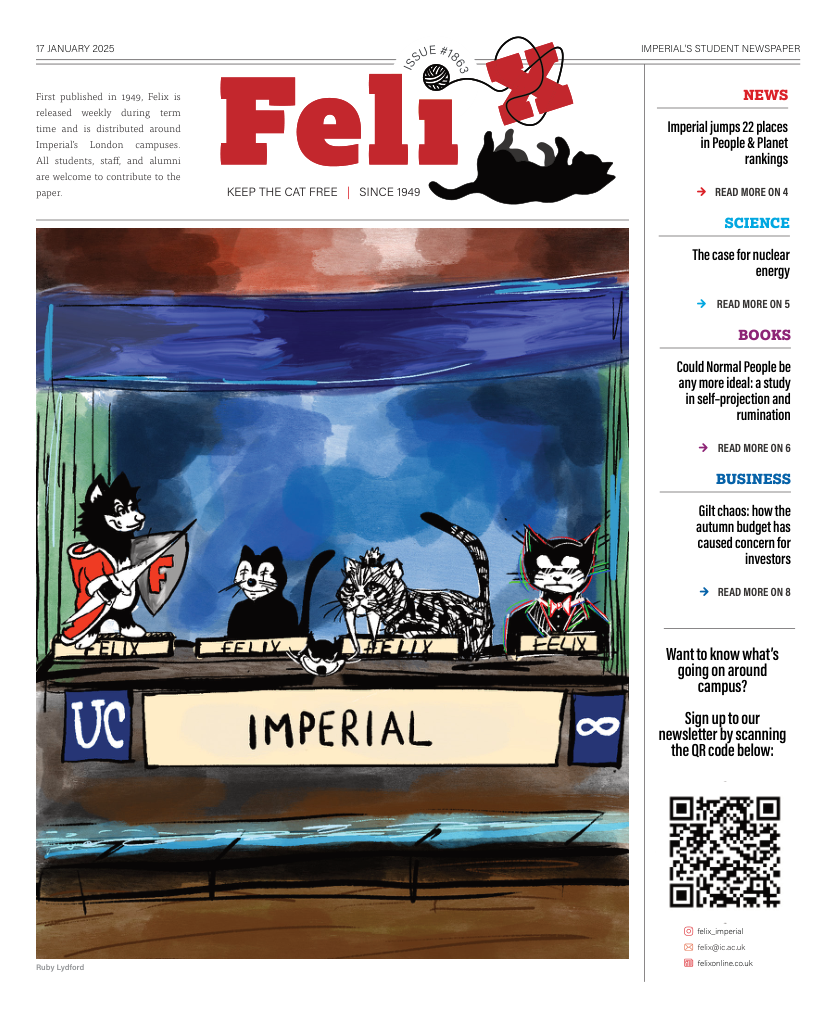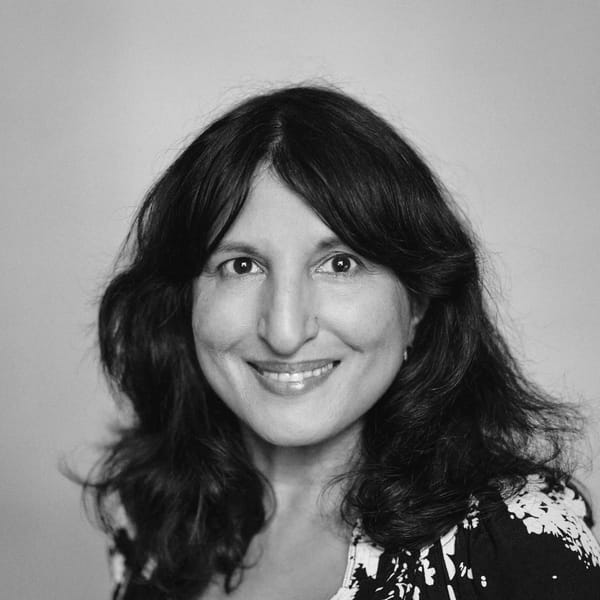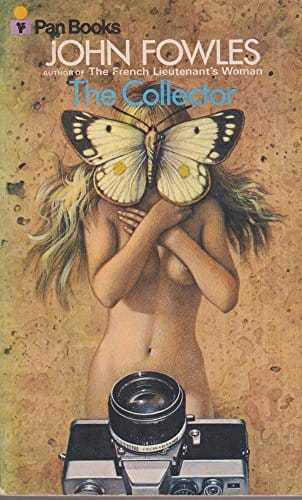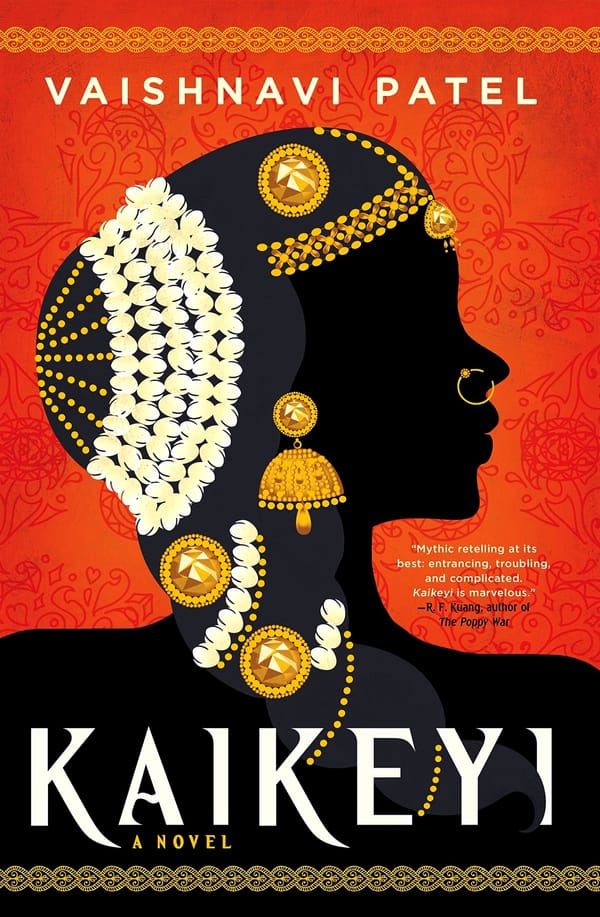Normal People
For self-projection and rumination, could Normal People be any more ideal?
Normal People destroyed me. I read it across the course of three days, feverishly, in an anxious state. I didn’t catch my breath until I had finished. At parts, the surge of emotions the novel elicited in me made me cringe. It is a purely charged piece of literature. I am changed as a result of this book, touched in a way I haven’t been by a piece of literature for a while. I attribute this to relating a little too much to some of the characters and elements, as well as the fact that it was big on my social media feeds when I was going through a really bad depressive episode.
It’s amazing how expressive the novel is despite the economy of its language. The words flow quickly in a staccato fashion driving the novel forward. Each has weight, bearing down on the reader as they too experience the gravity of every interaction, every conversation held between the characters. Is it well written? That depends on your definition. In a sense it is, but upon reflection, there is a lack. The lack of speech marks isn’t an issue. Maybe it works for what it’s going for – I’m half remembering Mrs Dalloway which didn’t use them either – and it works for Normal People, but there is a feeling that the language and tone of the book is in need of something more. The simplicity works for a vast majority of the book, but at times the element of lack seeps through.
I found the novel to be based on a platonic ideal of androgyny. From the sparse interviews and information we know of the adolescent Rooney, we know she bases both Connell and Marianne on herself – Marianne is the socially aloof, wickedly sharp woman who has a background in debating, and Connell is the literature prodigy, which reflects her time in the debating scene wishing she was “liked”. Although she has also said she has “no appetite for writing about herself and things that have actually happened”, the ghost of Rooney remains a common criticism of some of her novels is that her characters feel like self-inserts at times. Regardless, the use of religious imagery to describe Marianne and Connell’s relationship and sexual liaisons, the fact that Marianne wishes to submit to Connell, and can only offer her submission to Connell instead of her other partners, suggests devotion. The language swells to religious proportions when they are physically one (through sexual intercourse), similar to the idea of the origins of love in Plato’s Symposium. The two protagonists mirror the story repeatedly? It does, and I believe Rooney intended it to feel, like some sort of divine – in a very Hellenistic sense of fate and intertwined strings – intervention.
The themes are universal. It’s so easy to project yourself onto Marianne or Connell – Connell is extremely well written as a male character. There is a remarkability about him, something so essential that he is able to capture what it’s like to be a “thoughtful young man”. There is also something sympathetic about him: perhaps it’s the alienation one feels with one’s friends and course mates at university if one come from a background similar to his. It’s hard not to place a personal element to a review of this book. It’s hard to separate oneself, even if the events and the plot don’t match at all.
However, it’s not all good. Marianne, surprisingly, is the weaker character. She doesn’t seem as developed, in part because her narrative journey has no definite end like Connell’s does, and secondly because Rooney leaves her to be much more open to interpretation, and her motivations and thoughts are much less explicit, especially towards the end. I definitely had a sense she wasn’t explored as much, partly because of what she is meant to be. Her background doesn’t lend itself to as much interest as Connell’s does, nor is it explored. We don’t meet her mother as a character until much later, and the psychological reasoning that Rooney tries to suppose for her actions isn’t convincing. I think by the time Marianne got to Sweden, I no longer felt as interested in her, whereas Connell remained engaging. With writing so direct, Marianne just fails to deliver in the same way Connell does. There are better written characters. Jamie, one of Marianne’s university romances, is a good one – some have argued the best – because Rooney is able to get across the archetype of the privileged snotty university student.
It’s an interesting book; a very good book at that. It is something that keeps one engaged throughout, especially if you happen to relate to very, very, specific events, and want to feel seen in your literature. I suppose, in that way, it is very much a millennial book.









